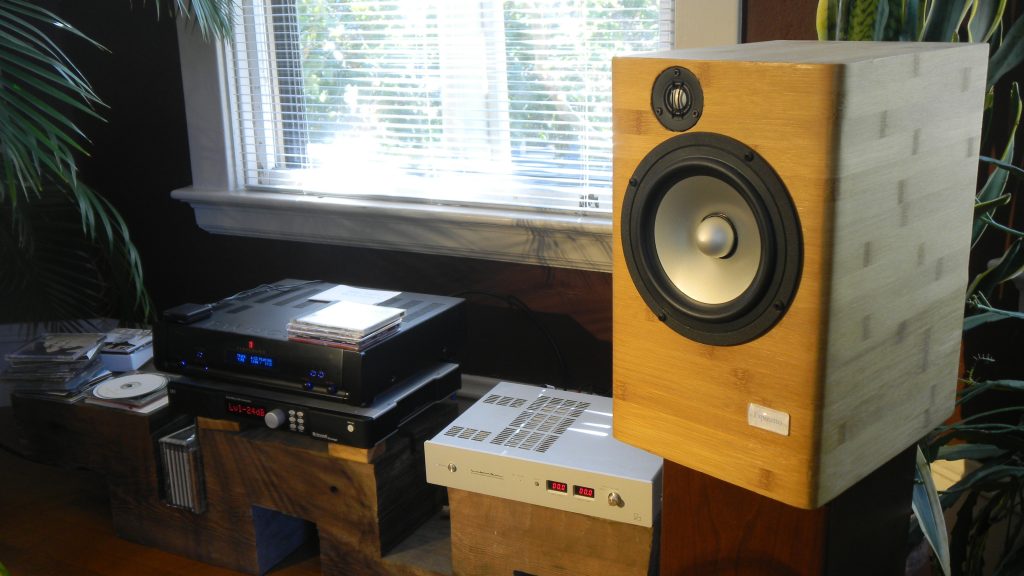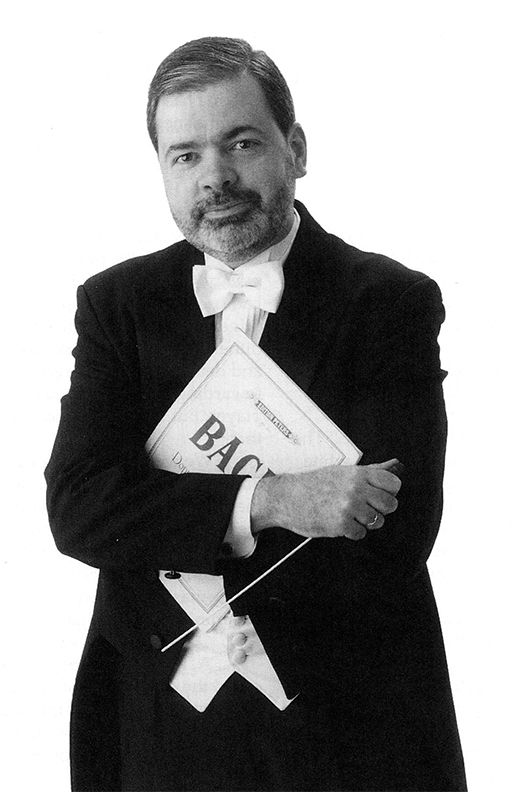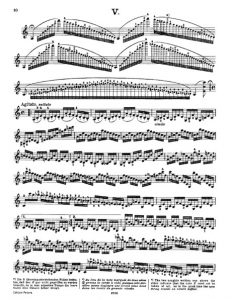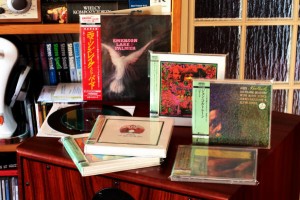This time around, John Marks introduces us to a recording by the Boston Symphony Orchestra, under the direction of Andris Nelsons. He points to the dicey realm of talented musical parents and the unknown musical outcomes of their children. Like the proverbial "pastor's kids," perhaps they will be inspired by parents...and perhaps not. An artist is known more surely by his or her works than by the offspring.
John lavishes his main attention on the Wagner; me, I am more partial to Sibelius. The diversity of sensibilities are wondrous, no?
Either way, or both, this is an intriguing combination of compositions, with Nelsons at the podium. Thanks to John for sharing his observations about this recording.
As always, John's blogs can be viewed at his site, The Tannhauser Gate (http://www.thetannhausergate.com) for those impatient of our cross-publication of his writings here.
Dr. David W. Robinson, Ye Olde Editor
Wagner: Overture to Tannhäuser
Sibelius: Symphony No. 2
Boston Symphony Orchestra, Andris Nelsons
CD, Download, and MCH Download from BSO Classics
(Individual tracks also available)
They say that if you want to grow up to be good-looking, it helps to have good-looking parents. The same is often true in the case of talented musicians. Examples abound—both positive and negative.
For every childhood violinist or pianist who matures into a well-balanced, happy, and productive member of society, there seems to be at least another (if not more than one) whose high solo flight is followed by an Icarus-like plunge to earth. The line between parents who are loving sources of inspiration and "The Stage Parents From Hell" is not always easy to see. Imparting discipline is one thing; imposing tyranny is another.
"Praise no warrior until his ship has been burned," the Vikings said. However, even at this comparatively early date, it appears that Andris Nelsons, still boyishly charming at the ripe old age of 37, is one of the outstanding success stories in the realm of having had musician parents and receiving early exposure to great music.
Nelsons' mother founded the first early-music ensemble in Latvia; his stepfather was a choral director. When Nelsons was five years old, his parents took him to a performance of Tannhäuser. (Obviously, for the catchy tunes and the kiddie-friendly plot. Ahem.) That said, it seems that little Andris really got it.
…It had a hypnotic effect on me. I was overwhelmed by the music. I cried when Tannhäuser died. I still think this was the biggest thing that happened in my childhood.
And so, after meteoric a rise from a trumpet-playing bass-baritone student with an interest in early music, Nelsons is not only the widely heralded (and I think it fair to say, beloved) Music Director of the Boston Symphony Orchestra; he is also Music-Director Designate of the Leipzig Gewandhaus.
No surprise, Nelsons opened his first official concert as the Music Director in Boston with Wagner's Overture to Tannhäuser, and now you can buy it on CD, or as hi-res stereo or MCH downloads.
I had the privilege of being invited to the dress rehearsal of Nelsons' BSO Strauss Salomé. I was tremendously impressed by Nelsons' unhurried efficiency in rehearsal, as well as his obvious sense of collegiality. I was even more impressed by his good-natured humility at the press event that followed. Some time later, I was chatting with a musically astute friend about her having recently heard Nelsons lead the BSO. I told her that to me, Nelsons seemed like a big kid with a new toy. She thought for a moment and then agreed.
Some might have questioned the wisdom of the BSO's issuing a live CD mere weeks after the first concerts. I don't. I have listened to this CD a lot, and via the magic of Steinway & Sons' music-streaming service, compared the two works to other well-regarded recordings. My strong impressions are that both the conducting and the orchestral playing are world class. Furthermore, the recorded sound is markedly better than what the BSO was managing to achieve during the Levine years.
I don't think that it makes a lot of sense for me to go into huge detail on my reactions. That's because you can buy theTannhäuser Overture stereo download (24/96; AIFF or FLAC) for the princely sum of three dollars and one cent.
The Haiku version is: the Wagner is satisfyingly robust, but always firmly under control. The opening brass chorale is lusciously smooth, while the answering strings are very rich. The skittering middle section (which to me has always seemed to have been borrowed from Wagner's bête noire Mendelssohn) is remarkably together for a first official live performance, and the return of the "Pilgrim's Chorus" music is measured, stately, and ultimately triumphant.
The Sibelius benefits from a live energy, but at the same time is wonderfully clear in articulation, a prime example being the inner lines of the last movement. Nelsons takes great care that Sibelius' sometimes-episodic writing has enough space to breathe, but without appearing to dawdle or feel tentative.
The recorded sound is excellent, but not quite top-of-the-heap (BIS' Liège Resphigi Brazilian Impressions having pride of place for the moment). The new BSO recording has vivid presence overall, and both power and clarity in the string basses.
Music-history nerds will want to know that Wagner wrote the rest of the opera first and then the overture last. Therefore, his material was thoroughly worked out, rather than sketchy. That perhaps is what has made it so popular on its own as a virtuoso concert piece.







































